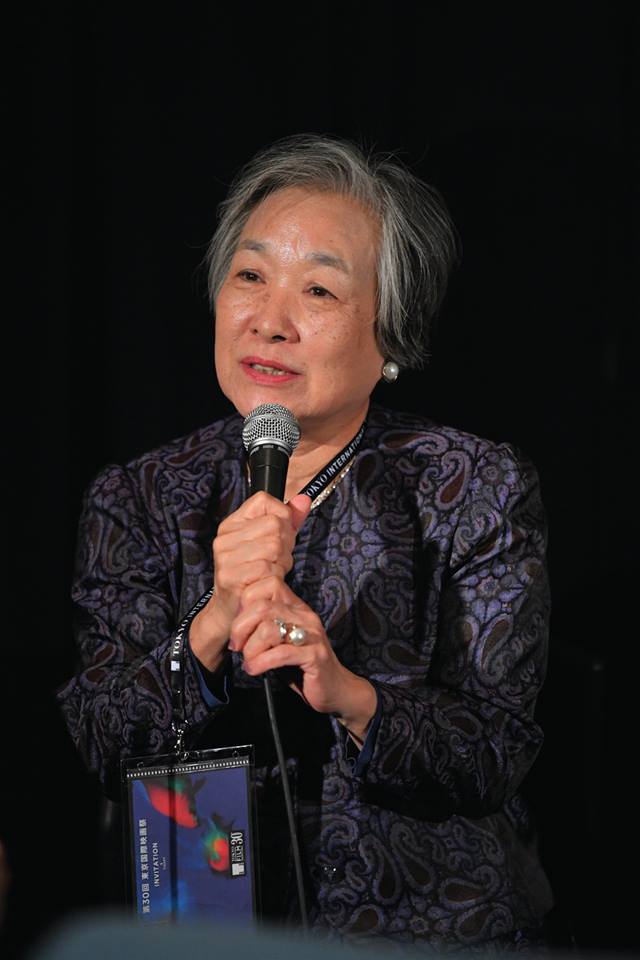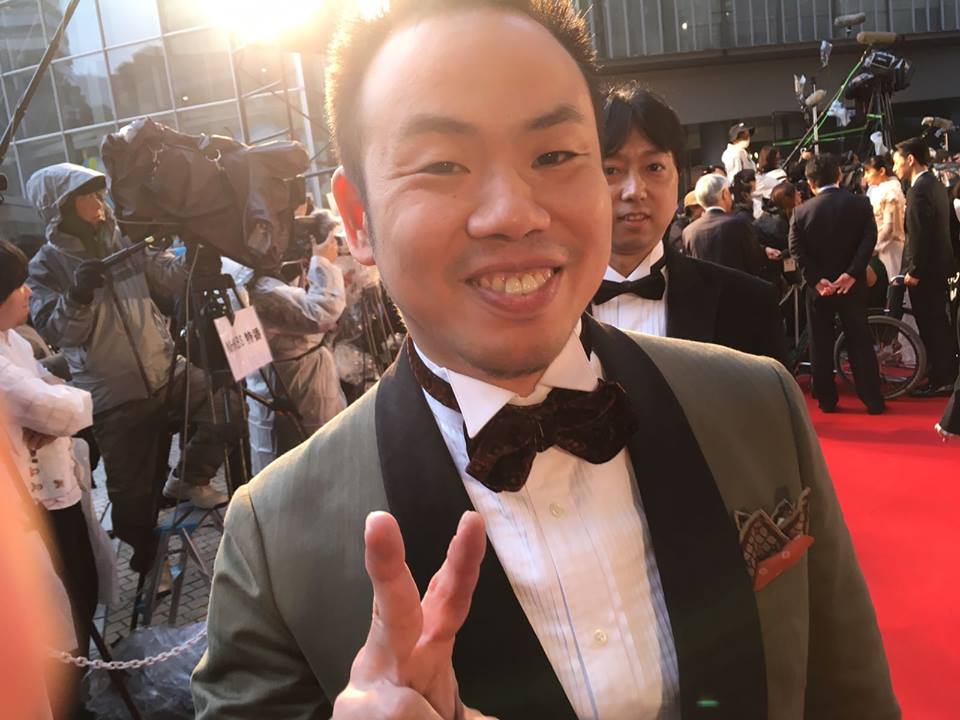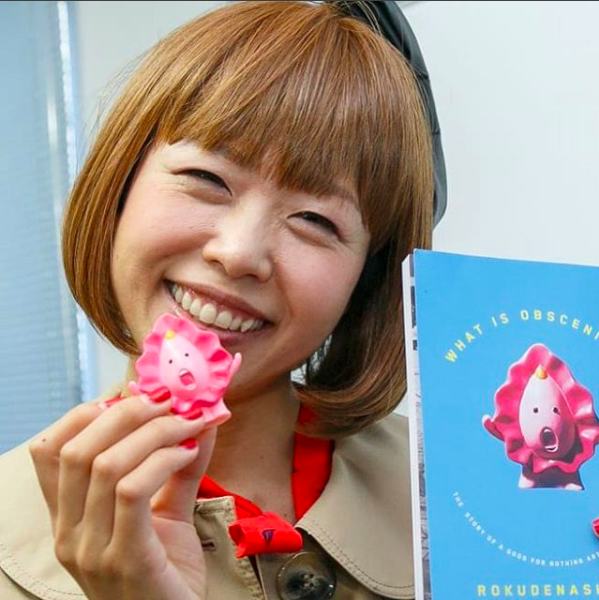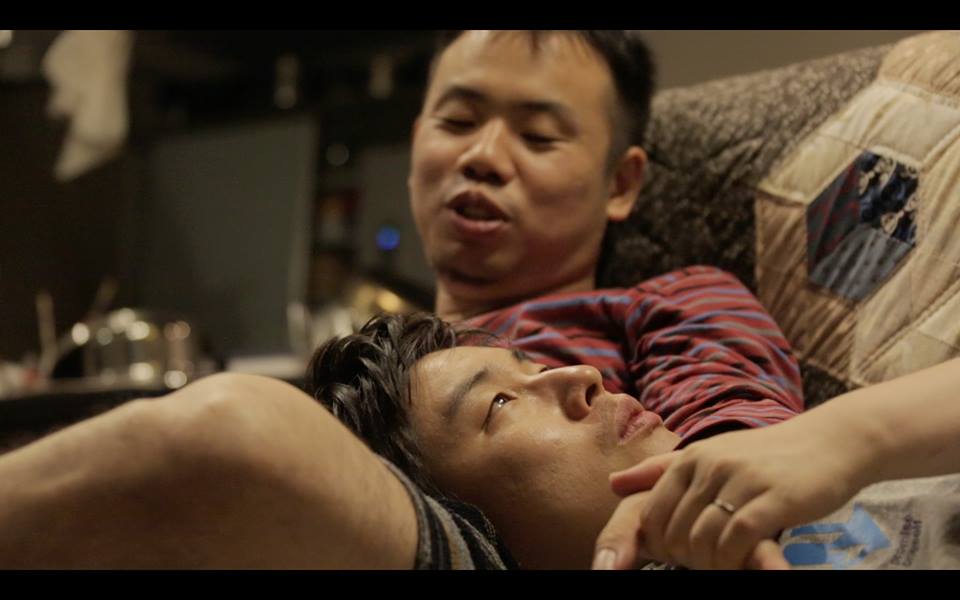[Warning: This post contains spoilers from the film.]
Japanese people are known to be non-confrontational by nature. Raised in a society where obedience as well as maintaining peace and order are deemed more important than asserting one’s rights, the Japanese prefer to follow the status quo.
“Of Love and Law,” a documentary directed by Hikaru Toda features the story of Masafumi Yoshida (Fumi) and Kazuyuki Minami (Kazu). The openly-gay couple runs the first and only law firm established by members of the LGBT community.
The film chronicles the plight of the marginalized and often misunderstood minorities of the Japanese society — the people who have the guts to defy the status quo. Here are five lessons imparted by the documentary film:
Lesson #1: A mother’s love is unconditional

Accepting one’s children for what they are is part of parenthood. Accepting one’s children’s choices which contradicts one’s philosophies in life, on the other hand, is perhaps one of the greatest challenges parents will have to eventually deal with.
Such is the case for Kazu’s mother, who learned that her son was gay. She admitted that she did not know much about the LGBT community as they don’t talk about the considered minority group in public. At one point, she even asked him if there is anything they could do to help make Kazu heterosexual.
Despite having inhibitions about her son’s sexual orientation, she accepted him nonetheless and supported his relationship with Fumi.
Lesson #2: Mental health is important

Problems are inevitable — to quote the French, c’est la vie.
However, not all of us are mentally capable of handling every day’s struggles and it is important to help raise awareness about mental health.
Fumi, who admitted he did not have a good past, revealed in the film that he was fighting his inner demons. There were times when he cannot physically do anything. Because of this, he had to rely upon Kazu.
Lesson #3: Vagina is not obscene

One of the cases they tackled in the film was about artist Megumi Igarashi, aka Rokudenashiko (which literally translates to “good-for-nothing-girl”), who broke Japan’s obscenity law for her vagina-inspired pieces.
Rokudenashiko talked about her inability to follow the Japanese teaching of “reading the air” (a Japanese way of communicating wherein one must be sensitive to the mood or the situation when it comes to expressing one’s opinions). A non-conformist from the start, she defied the belief that vaginas are obscene. Rather, she asserted that her art is a social criticism.
The artist, who defines herself as a feminist, aims to put an end to the government’s art censorship as well as to educate people about the female genitalia.
Lesson #4: Sexism is taught, not innate

Fumi and Kazu also dreamt of starting their own family.
As if by fate, Fumi was assigned as the legal guardian to an orphan teenage client named Kazuma. At first, the couple was hesitant to reveal their relationship to the new addition to their family.
When they finally had the courage to tell Kazuma, they were taken by surprise with how easy Kazuma had accepted the news. Apparently, Kazuma told them he was not surprised that there were people like Fumi and Kazu as he had seen members of the LGBT community in the television.
Lesson #5: Love Wins

In a time where upholding the rights of LGBT members remains one of the most integral advocacies people are fighting for, it would be surprising for people who are not from Japan to learn that one of the world’s most progressive societies remains stuck on its traditional beliefs.
Even though Fumi and Kazu’s “marriage” is considered not legal in their country, their love for one another is a living proof that love transcends the stigma imposed by a society set on following the status quo.
Catch more exciting Japanese movies at the 21st Eigasai Japanese Film Festival, from July 5 to Aug. 18, 2018, in select cinemas. For more details, visit EigasaiPH.
—
Read more from InqPOP!:
The 21st Eigasai Japanese Film Festival: Bigger, better, and more diverse
Review: ‘Chihayafuru Part 3’ tackles 5 problems graduating students face
This year’s Japanese rice paddy art features 1950s iconic characters
This 70-year-old Pokémon hunter is hardcore at ‘catching them all’


